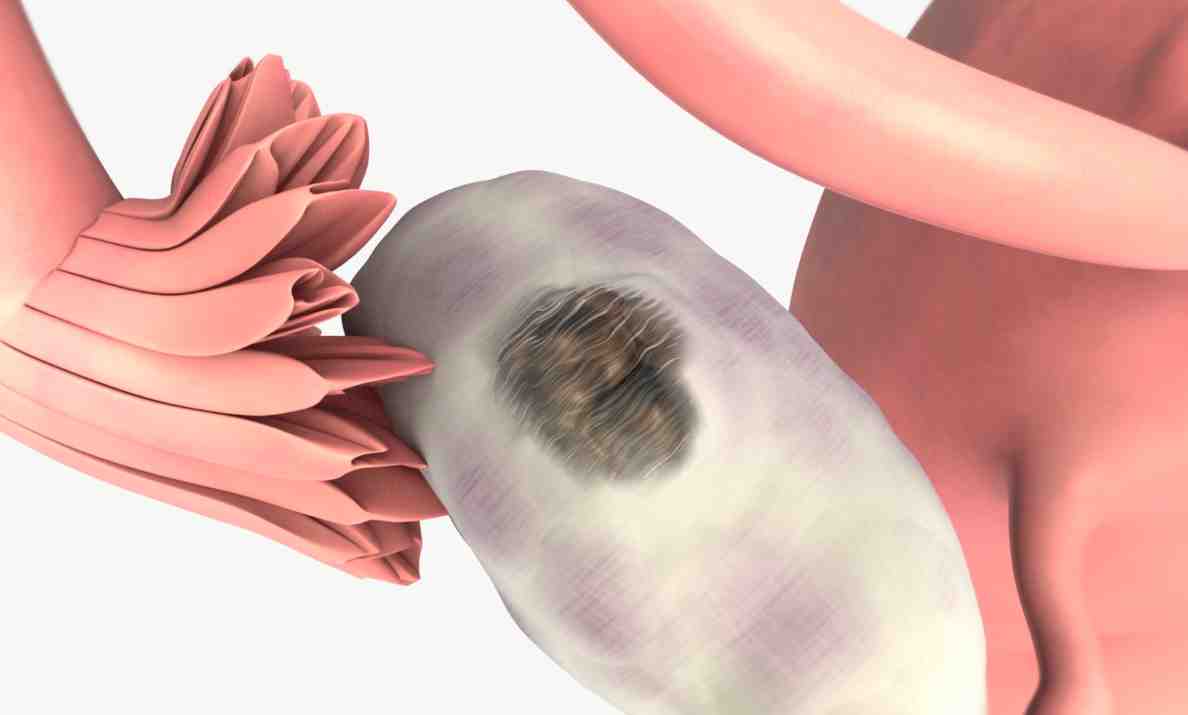A previously infertile woman has given birth to a healthy baby, after scientists discovered a way to beat the menopause by inducing ovaries to produce eggs.
Tag: ovaries
1 in 3 Doctors Still Needlessly Removing Healthy Ovaries, Study Finds
A new study from Baystate Medical Center found that one-third of gynecologists continue to recommend removal of healthy ovaries from women undergoing hysterectomies who haven’t yet entered menopause. This goes against recommendations of their own medical society, the American Congress of Obstetricians and Gynecologists, which advises against ovary removal in pre-menopausal women undergoing hysterectomies who aren’t at increased risk of ovarian cancer.
IVF: First Baby Born Using ‘Safer’ Method
Baby Heath – who is now nearly eight weeks old was conceived using a natural hormone to kick-start his mother’s ovaries.
The 5 Stages of Infertility Grief
When you’re having trouble having a baby, there may be a lot to grieve. You grieve your ovaries, which work only some of the time. You grieve your partner’s sperm for being too few or poor swimmers. You grieve the entire process; all of the tests, the diagnoses, the waiting. Things many may never need to think about, you’ve obsessed over. Good grief.
Scientists Test Experimental Chemotherapy Drug
One of the greatest fears of younger women who have to undergo chemotherapy to fight tumors is possible fertility damage. But the mechanism responsible for the destruction of the eggs in their ovaries and the resultant infertility has not been understood until now.
New Nanoparticle Chemo Is Gentler On Fertility
 Using nanoparticles as “Trojan horses”, scientists have designed and lab-tested a way to deliver an arsenic-based chemo drug that ferociously attacks cancer, but is gentler on the ovaries. They hope the new method will help to protect the fertility of women undergoing cancer treatment.
Using nanoparticles as “Trojan horses”, scientists have designed and lab-tested a way to deliver an arsenic-based chemo drug that ferociously attacks cancer, but is gentler on the ovaries. They hope the new method will help to protect the fertility of women undergoing cancer treatment.
The team also developed a rapid way to test existing and new chemo drugs for their effect on ovarian function, so doctors and their female patients can make treatment decisions that minimize damage to ovaries and thus increase the chance of having a future family.
The new nanoparticle chemo drug they designed is the first cancer drug to be tested while in development for its effect on fertility using the new rapid toxicity test.
Advances in cancer therapy means more patients are surviving, but many female patients often face a temporary or permanent loss of fertility after undergoing traditional chemotherapy. Read full article.
Infertility Linked to Childhood Leukemia
Children born to mothers who had trouble getting pregnant for more than a year or who were given fertility drugs to stimulate their ovaries may be more likely to develop leukaemia, new research suggests.
Health Tip: Recognize Common Symptoms of Menopause
Menopause — the point at which a woman’s menstrual cycle stops for good — usually occurs when the ovaries stop producing the hormones estrogen and progesterone.
What Is Polycystic Ovary Syndrome
- Irregular or skipped menstrual periods
- Obesity and difficulty controlling weight gain
- Male pattern hair growth
- Acne and other chronic skin conditions
- Dark brown or black patches on the skin
Polycystic Ovary Syndrome and Infertility
PCOS is the most common hormonal abnormality causing infertility in women. It affects fertility by suppressing ovulation. Egg follicles may begin to mature but do not ovulate or release the egg into the fallopian tube. These follicles remain as cysts in the ovaries. In women with PCOS, the ovaries also produce excessive amounts of testosterone (male hormone) that can lead to acne and hair growth. In the fat cells, testosterone is converted to estrogen, leading to excessive buildup of the uterine lining which may contribute to heavy or irregular bleeding.Fertility Treatment for PCOS
High levels of insulin associated with obesity interfere with ovulation and also worsen PCOS symptoms. Minimizing insulin resistance via a healthy, safe weight loss regimen is a common first step for patients with PCOS who want to make conception more likely. Insulin regulating medications may also be prescribed. Some women are able to begin ovulating more normally at this point and may be able to conceive naturally.Fertility enhancing drugs such as Clomid, Metformin and gonadotropins may be used to stimulate ovulation. This approach is tried after other potential causes of infertility have been ruled out. In-Vitro-Fertilization can also be used for some women with PCOS. by: Dr. John Jain
The Male Biological Clock
by Harry Fisch, M.D.
Say “biological clock” and most people think of women. Most people know that a woman’s ovaries stop producing eggs at some point and that natural fertility ends with menopause. But most people …
